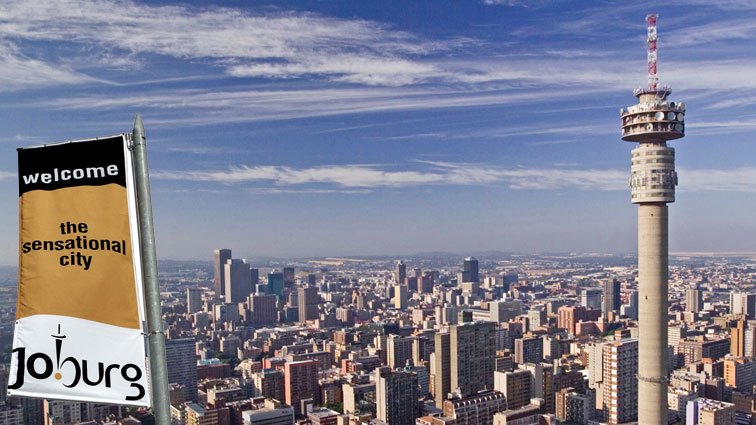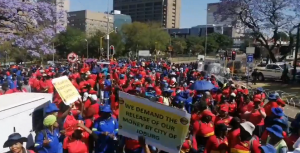South Africa appears to be headed towards a slew of coalitions post-elections. That’s according to a number of political analysts. One of the reasons cited is declining support for the African National Congress (ANC).
The City of Johannesburg Metro Municipality, the biggest in the country, is a political hotbed with more parties fielding candidates to contest the 270-seat council.
It has been governed by coalitions since the 2016 municipal elections. However, there are differing views as to whether coalitions enable or hamper service delivery.
Political analysts are predicting that the current coalition government in large Metros like Johannesburg will be the norm for at least another five years.
Joburg 2016 results
- In the 2016 municipal polls, the ANC took 45% of the vote and the Democratic Alliance (DA) 38%.
- The Economic Freedom Fighters (EFF) held the balance of power in Johannesburg with 30% of the vote, with neither the DA nor the ANC able to control the council, even with the help of all other parties, without the EFF.
- Initially, the DA entered into a coalition with smaller parties as well as an agreement with the EFF.
- This led to the then DA’s mayoral candidate, Herman Mashaba, being appointed after winning a council election with 144 votes to the ANC’s mayor Parks Tau’s 125.
Local government expert Professor Susan Booysen, who is also the Director of Research at Mapungubwe Institute for Strategic Reflection, reckons the ANC has something to do with this.
“We are quite probably going to see more coalitions coming out of these local government elections. The main reason for this is that the ANC, still the dominant party, is not on an upward trajectory and that means more support is losing up and that the ANC is potentially ceding more of its majorities and once it does not reach that 50 percent outright majority level anymore, on its own, it obviously has to rely on coalition parties.
Challenges with coalitions
Political analyst and Deputy Vice-Chancellor at the University of Zululand Professor Sipho Seepe says the challenge with coalition governments is that parties to this arrangement have to reach a consensus before executing any mandate and that this tends to prolong and affect service delivery.
Seepe says if parties work together, like during the DA-led coalition in Johannesburg under Mashaba, there is a possibility of cohesion.
“People like Mashaba in Johannesburg; they provided a different experience where he was able to work both with the ANC and EFF. Initially, the posture of the ANC was to be hostile to Mashaba, act as an opposition party and oppose whatever he stands for. But what Mashaba did was simply to focus on what may be a common agenda and that common agenda was to say, let’s fix the city, let us address the issues that are pertinent to the people,” says Seepe.
Chairperson of the Standing Committee on Cooperative Governance and Traditional Affairs in the Gauteng Legislature, Kedibone Diale says coalitions create instability and frustrate service delivery provision.
The question remains on whether one party will emerge to wrest control of the City of Johannesburg, or will the populace be guests at another marriage of convenience.
In the related video below, the battle for the City of Johannesburg gets heated:






